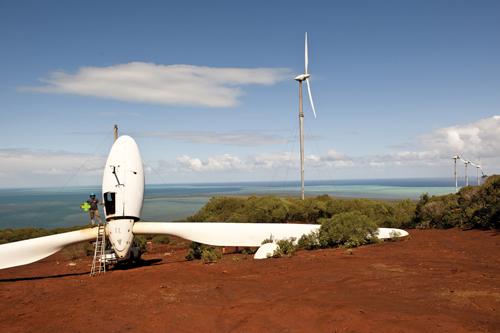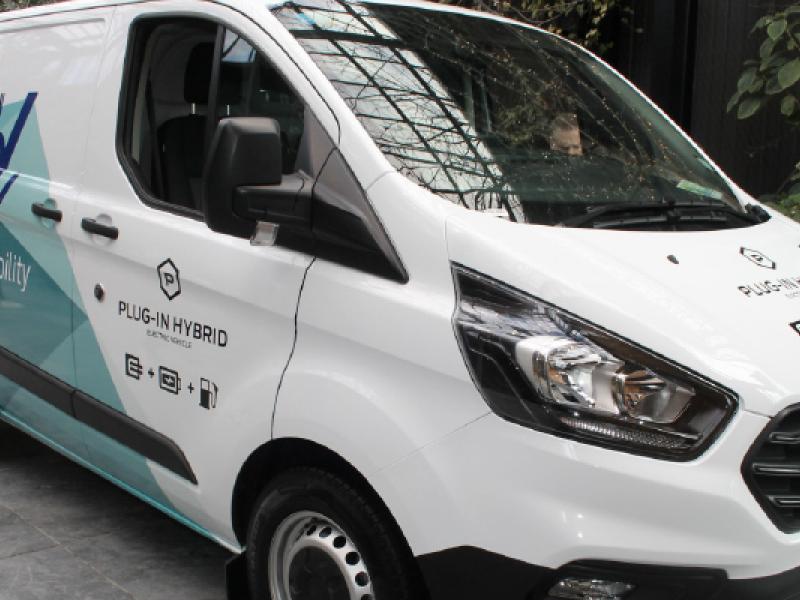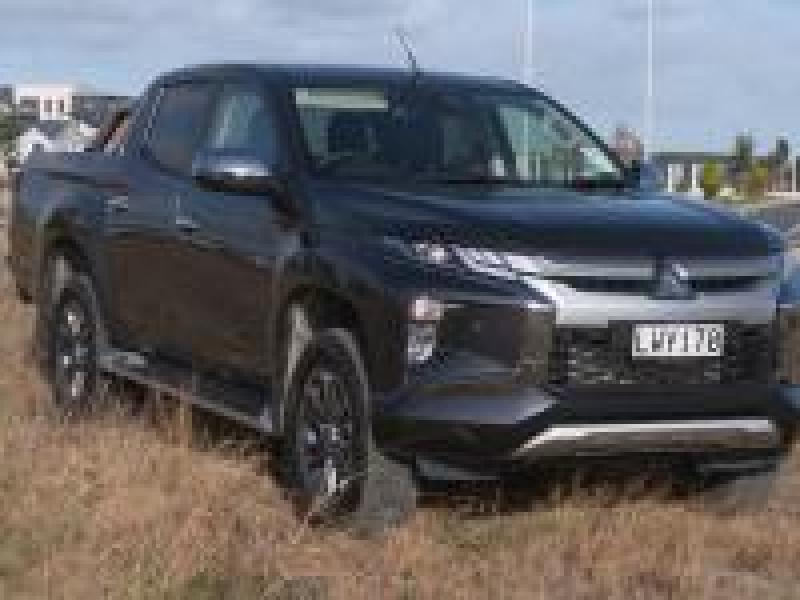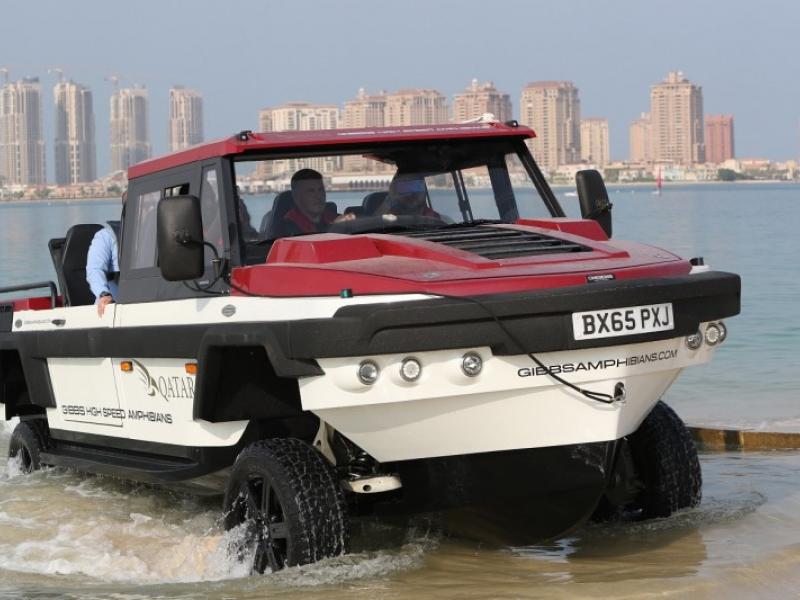Over the past decade, Castrol has been committed to developing its Castrol Professional range to be better for a vehicle’s engine, and the environment. Castrol continues to innovate and push boundaries by now introducing the world’s first certified CO2 neutral engine oils through its Castrol Professional range.
By successfully meeting strict international environmental standards, the company’s EDGE Professional, Magnatec Professional and GTX Professional oils have all now been certified according to BSI PAS2060, which is a tough, globally-recognised standard for measuring and managing the CO2 footprint of a product’s lifecycle.
Castrol’s first step in the journey is to reduce the emission of CO2 at every stage of the product’s life.
The company says it does this by building efficiencies within its processes throughout the value chain. But CO2 neutralitycan’t be achieved through reduction alone. Together with its partners in BP Target Neutral, Castrol invests in projects around the world to offset the remaining CO2 footprint of the Professional Engine Oil range.
In 2014, Castrol Professional neutralised 200,000 tonnes of CO2 globally, and in 2015, Castrol expects this figure to grow to nearly half a million tonnes of CO2 neutralised.
Speaking on the new CO2 neutral certification, Diana Hall, marketing director for Castrol Australia and New Zealand said: “The enthusiastic response we have received shows that CO2 neutrality is important and worth pursuing.
“From an OEM, car dealer and vehicle owner point of view, ensuring the engine oil is CO2 neutral is one small step in achieving lower CO2 emissions overall. We are pleased to announce that Castrol Australia and New Zealand are introducing the certified CO2 neutral engine oils from May 2015. By using Castrol Professional the Australian and New Zealand car dealers and their customers can play a role in reducing the world’s CO2 footprint.”
How does Castrol achieve neutral CO2 in its engine oils? John Ward-Zinski, global brand director for Castrol Professional, explained: “Neutralising the CO2 footprint is currently achieved by firstly analysing the whole of the product lifecycle, from cradle to grave.
“This is done by calculating the amount of CO2 generated through the product’s life, including the CO2 from our own manufacturing process, identifying ways to reduce and then investing the appropriate amounts in certified CO2 reduction projects. This investment produces a net CO2 reduction that is equivalent to the remaining CO2 footprint of the product, after the reduction initiatives have had their effect.
“The product lifecycle analysis, which calculated the amount of CO2 that needed to be neutralised, was independently verified by an internationally recognised third party specialising in sustainability auditing.”
Together with its partners in BP Target Neutral, Castrol is investing in a range of emission reduction projects including reforestation in Kenya, clean electricity generation in China, and wind farms in New Caledonia.
When manufacturing products, Castrol works with its raw material suppliers to move to lower CO2 alternatives, which includes using upgraded equipment and production technologies such as low temperature oil blending.
Around the world, Castrol also now uses electric vehicles and sophisticated route planning when transporting goods within and from some of its Professional production sites.
Achieving CO2 neutrality is Castrol’s first step of a longer journey.
For more information on Castrol Professional contact your local area sales manager or phone Castrol’s technical helpline on 0800 10 40 60.






